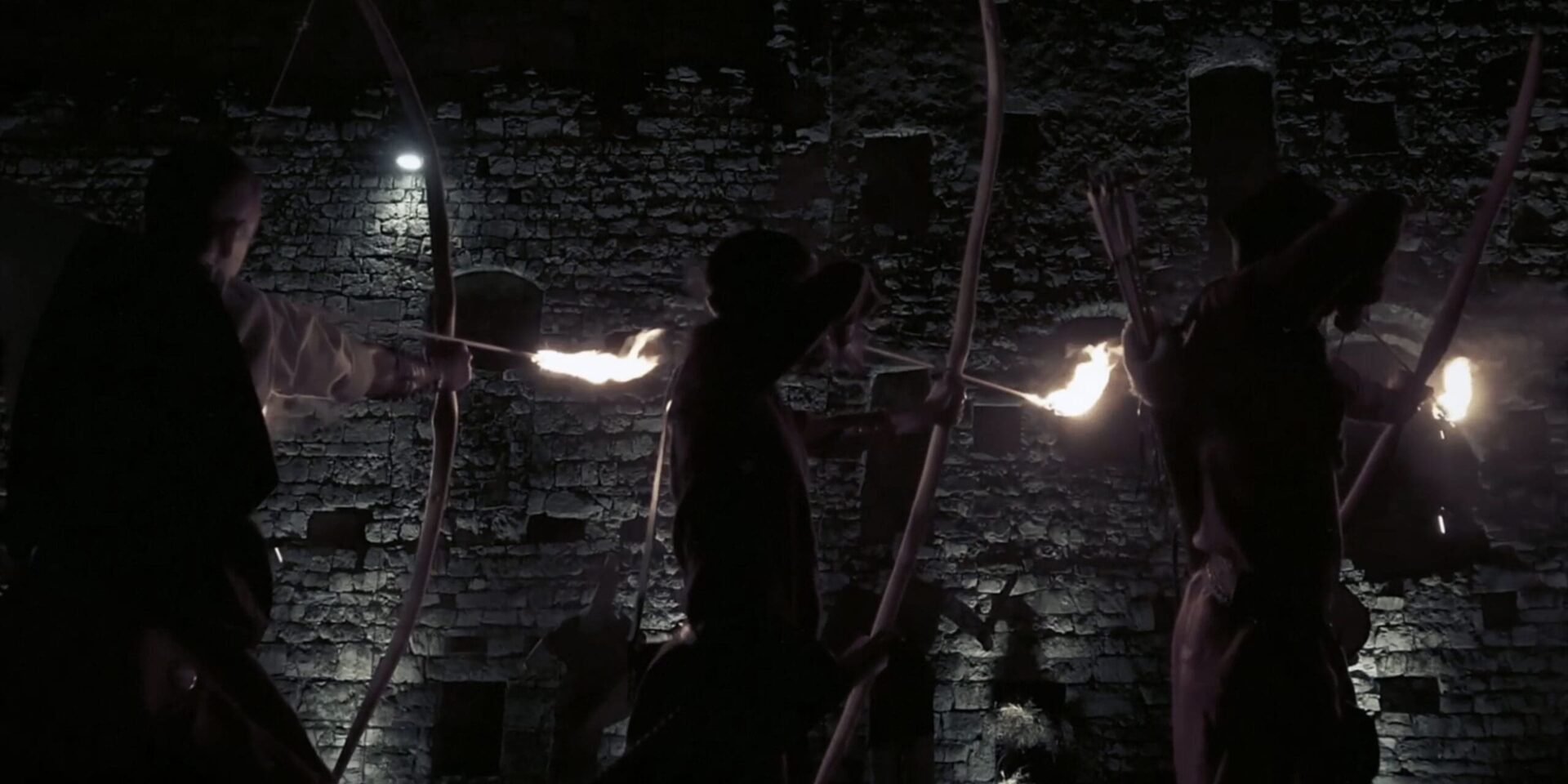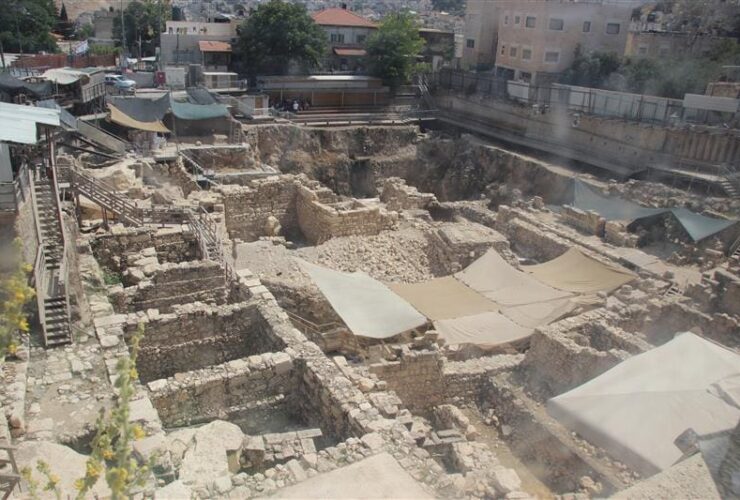The fate of Northern Israel, as foretold by the prophets of God, was to be captured by the Assyrian Empire. Assyria would exile many of Israel’s inhabitants, but this was not a one-time event. The capture and exile of Israel took over a decade (733-715BC) and three kings of Assyria to accomplish it (Tiglath Pileser III/Pul (745-727BC), Shalmaneser V (727-722BC), Sargon II (722-705BC)). Long before the first Assyrian capture of Samaria, Israel’s capital city, the kings of Israel paid tribute to Assyria. That is, they lost their political independence. The Bible (2 Kings 15:9) and the Assyrian records name Menahem as the first king of Israel that paid tribute, and a heavy tribute at that (1,000 talents of silver, yearly). Perhaps in part because of this taxing situation the kingship of Israel continued to be unstable, and Menahem’s son (Pekahiah) joined an ever-growing list of overthrown kings of Israel. The man who took the throne from Menahem’s son was named Pekah, and he led Israel in a rebellion against Assyria, they stopped payment and allied with other anti-Assyrian nations.
At that time, the nation of Judah was being ruled by wicked king Ahaz and spoken to by the prophet Isaiah. Ahaz would not join the anti-Assyrian coalition and instead called to Assyria for aid. Fearsome Tiglath-Pileser III, also called Pul in the Bible began an invasion of Aram/Syria and Northern Israel (2 Kings 15:29). Under Tiglath Pileser Assyria conquered Gilead (the land East of the Jordan River belonging to Reuben Gad and ½ tribe of Manasseh) and Galilee and deported most of the Israelis that lived there (734-732BC). This deportation is spoken of in the Bible (1 Chronicles 5:26; 2 Kings 15:29), the records of Assyria, and is also supported by archaeological findings in Galilee. There are a complete lack of material remains from this time period in Galilee, Tiglath Pileser’s deportation was one way. The land was not resettled by him.
“And he did what was evil in the sight of the Lord, as his fathers had done. He did not depart from the sins of Jeroboam the son of Nebat, which he made Israel to sin.”
2 Kings 15:9
The next wave of exile came with the destruction of Israel’s city of Shechem and most importantly with the 3-year siege and capture of Samaria (722BC, 2 Kings 18) after its last king, Hoshea, also stopped paying their yearly tribute. This attack was led by Assyrian king Shalmaneser V who also deported native Israelites, but this time he resettled lower galilee and the area of Samaria with conquered exiles from elsewhere in his new empire.
Sargon II was the next king of Assyria, and though Israel as a nation had been destroyed another anti-Assyrian coalition that included Samaria popped back up, causing Sargon to besiege and recapture Samaria in 720BC. Two commemorative inscriptions of Sargon II (the Great Summary Inscription, the Nimrud Prism) record this recapture along with a large further exile and repopulation of the area. It’s believed that as Sargon captured more territory, he would occasionally resettle the area, causing upheaval that discouraged rebellion.
The fate of the Israelite exiles was diverse. Depending on their previous lives, their skill sets, and likely in many cases, their “luck” – Israelites could find themselves well treated, trained, and in the service of the wealthy, powerful, and even royal. There have been Israelite names found in Assyrian records showing that some of them were assimilated into the Assyrian work force as skilled labourers, merchants, government or city officials, as Assyrian priests, or in military service even reaching the ranks of commanders (the rabshaka in 2 Kings 18 may have been an exiled Israelite). But many exiles were not so lucky, they appear as slaves and forced labourers, who were kept alive to be sure, but would not have had it easy or enjoyed pleasant living conditions.

Corie Bobechko is a daily co-host, speaker, and writer of Bible Discovery. She also hosts a YouTube channel that shows how history and archaeology prove the Bible. Her heart for seekers and skeptics has led her to seek truth and share it with others. Corie also has a Bachelor of Theology from Canada Christian College.
• Gal, Z., Israel in Exile.
• Lawson Younger, K. Jr., Israelites in Exile.






